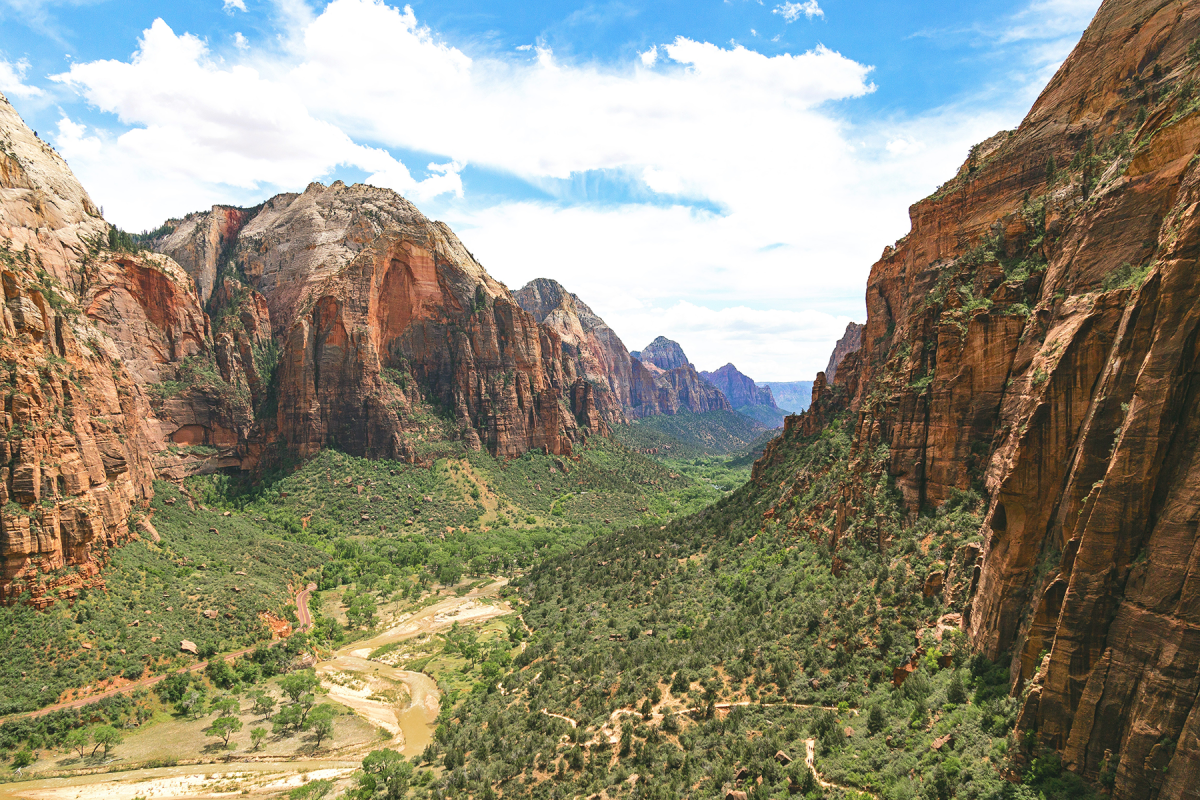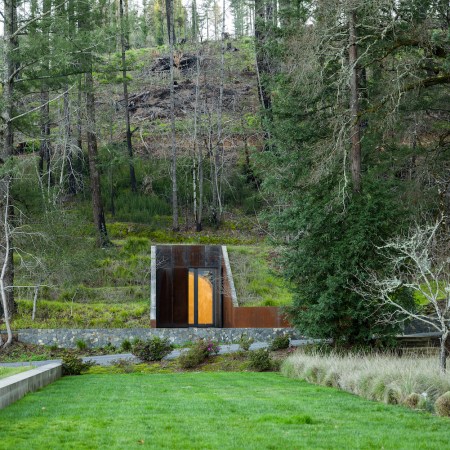Editor’s Note: RealClearLife, a news and lifestyle publisher, is now a part of InsideHook. Together, we’ll be covering current events, pop culture, sports, travel, health and the world.
Maybe don’t breathe in that “fresh” mountain air too deeply on your next hike through the Grand Teton
About 96 percent of the national parks in the U.S. have significant air quality problems, according to a new report released this week from the National Parks Conservation Association (NPCA).
Some of the most popular parks in the country — like Sequoia, Kings Canyon, Joshua Tree and the Mojave national preserve — not only made the unfortunate list, The Guardian reported, but found themselves at the top of it. Air quality at these natural wonders appeared to reach their dirtiest heights during the summer months when tourism was also highest.
The NPCA found that the elevated levels of air pollution were a direct threat to the most vulnerable species in 88 percent of the parks. It’s also worsening the effects of climate change in these areas; making instances of wildfires and drought more likely.
“We are not doing right by the places that we most cherish,” Stephanie Kodish, the Clean Air program director for the NPCA told The Guardian. “By protecting these places we are protecting each other, our communities and we are protecting the planet,” she said.
Poor air quality can cause damage to any living creature’s lungs, harm the immune system and increase inflammation.
The air quality in some of these parks is so bad that a separate, independent study corroborated the findings of the NPCA and discovered that “air pollution in parks has rivaled that of the 20 largest major metropolitan cities, including Los Angeles and Houston.”
Thanks for reading InsideHook. Sign up for our daily newsletter and be in the know.


















